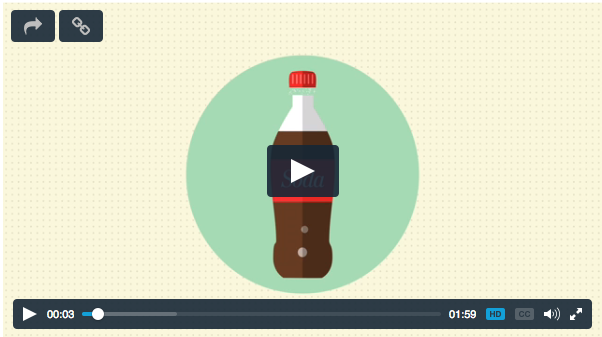Transparency is extremely important to us, so we are letting you know that we may receive a commission on some of links you click on from this page. See our disclaimer.
The United States has won another “top in the world” contest, only this is one we might not want to win: We are the world's largest consumer of sugar.
As we continue our focus on National Nutrition Month, we are taking a potentially sour look at the sweet stuff.
The Washington Post asked a terrific question: “We crave that sweet taste — but at what cost?” The piece notes that to combat eating too much sugar, many Americans turn to artificial sweeteners. And that might drive another problem.
A study in the Yale Journal of Biology and Medicine, titled “Gain weight by “going diet?” Artificial sweeteners and the neurobiology of sugar cravings,” noted: “Whether due to a successful marketing effort on the part of the diet beverage industry or not, the weight conscious public often consider artificial sweeteners “health food” [6]. But do artificial sweeteners actually help reduce weight? Surprisingly, epidemiologic data suggest the contrary. Several large scale prospective cohort studies found positive correlation between artificial sweetener use and weight gain.”
Indeed, the Washington Post adds: “…the use of artificial sweeteners seems to coincide with a climb in obesity rates, notes Susan Swithers, a behavioral neuroscientist at Purdue University in Indiana, who studies how experience with foods affects food intake.”
The piece quotes Swithers as saying that artificial sweeteners might “break a basic type of learned relationship between sweet tastes and the arrival of calories and sugars in the digestive system. People who routinely use artificial sweeteners show responses that are dramatically different from those who do not.”
And, according to the Post, “several large-scale studies correlate the use of artificial sweeteners with weight gain. A University of Texas study found that people who consumed two or more diet sodas per day over a period of almost 10 years had waist circumference increases five times greater than those who followed a different beverage path — a group that included people who drank sugar-sweetened sodas, although regular soda use was relatively infrequent.
The Post also ran this video:

0 Comments